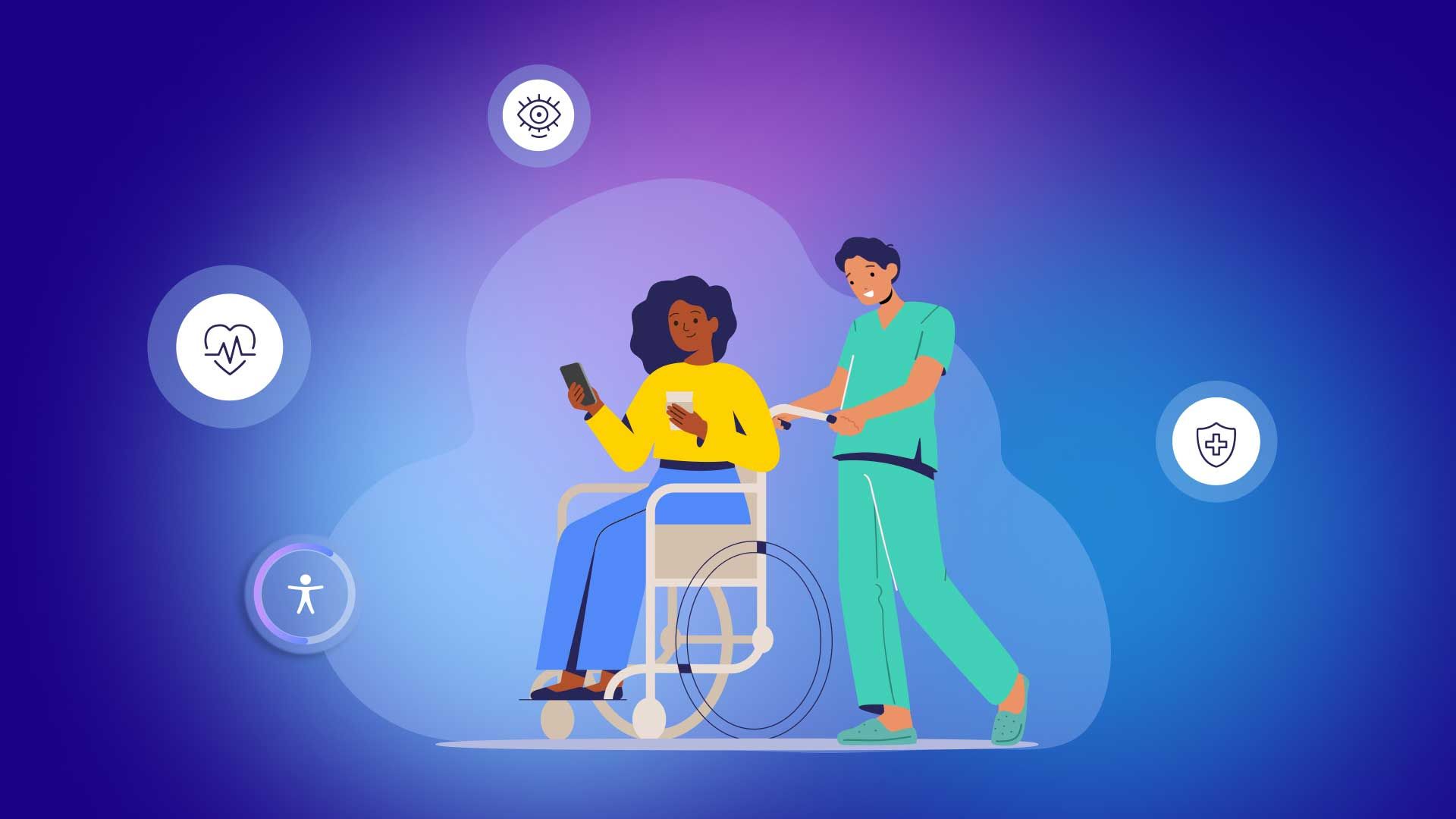Healthcare Accessibility: A Right or a Privilege?
As technology continues to advance at a rapid pace, the question of healthcare accessibility becomes increasingly important. In today’s digital age, where information is readily available at our fingertips, it is crucial that everyone has access to quality healthcare services. However, the reality is that not everyone has equal access to healthcare, raising the debate of whether healthcare is a right or a privilege.
Technology’s Role in Improving Healthcare Accessibility
One of the key ways in which technology is improving healthcare accessibility is through telemedicine. Telemedicine allows patients to consult with healthcare providers remotely, eliminating the need for in-person visits. This is particularly beneficial for those in remote areas or with limited mobility. Additionally, wearable technology and health monitoring apps have made it easier for individuals to track and manage their health from the comfort of their own homes. These technological advancements have the potential to bridge the gap in healthcare accessibility for many individuals.
The Digital Divide and Healthcare Disparities
Despite the benefits of technology in improving healthcare accessibility, there is still a digital divide that exists. Many individuals, particularly those in underserved communities, do not have access to the necessary technology to take advantage of telemedicine or health monitoring apps. This creates disparities in healthcare access and exacerbates existing health inequities. As such, it is crucial that efforts are made to bridge this digital gap and ensure that everyone has equal access to healthcare services.
Healthcare as a Right vs. a Privilege
The debate over whether healthcare is a right or a privilege is a complex and contentious one. Proponents of healthcare as a right argue that access to healthcare is essential for maintaining a healthy and productive society. They believe that everyone should have equal access to healthcare services, regardless of their socioeconomic status. On the other hand, opponents argue that healthcare is a privilege that should be earned through hard work and financial means. They believe that individuals should be responsible for their own healthcare costs.
The Ethical Imperative of Healthcare Accessibility
From an ethical standpoint, ensuring healthcare accessibility for all individuals is imperative. Access to healthcare is not only a matter of individual health but also a reflection of societal values and priorities. In a just and equitable society, everyone should have access to the care they need to lead healthy and fulfilling lives. By prioritizing healthcare accessibility, we can ensure that no one is left behind and that everyone has the opportunity to thrive.
The Role of Technology in Advocating for Healthcare Access
Technology has the potential to be a powerful tool in advocating for healthcare access. By leveraging the power of social media and online platforms, individuals can raise awareness about healthcare disparities and advocate for policy changes that promote healthcare accessibility. Additionally, tech companies can play a role in developing innovative solutions that improve healthcare access for all individuals. By working together, we can create a more inclusive healthcare system that prioritizes the needs of every individual.
Conclusion
In conclusion, healthcare accessibility is a fundamental right that should be available to all individuals, regardless of their background or circumstances. Technology has the potential to revolutionize healthcare access and improve the health outcomes of millions of people. By working together to bridge the digital gap and advocate for healthcare access, we can create a more equitable and compassionate healthcare system for all.


